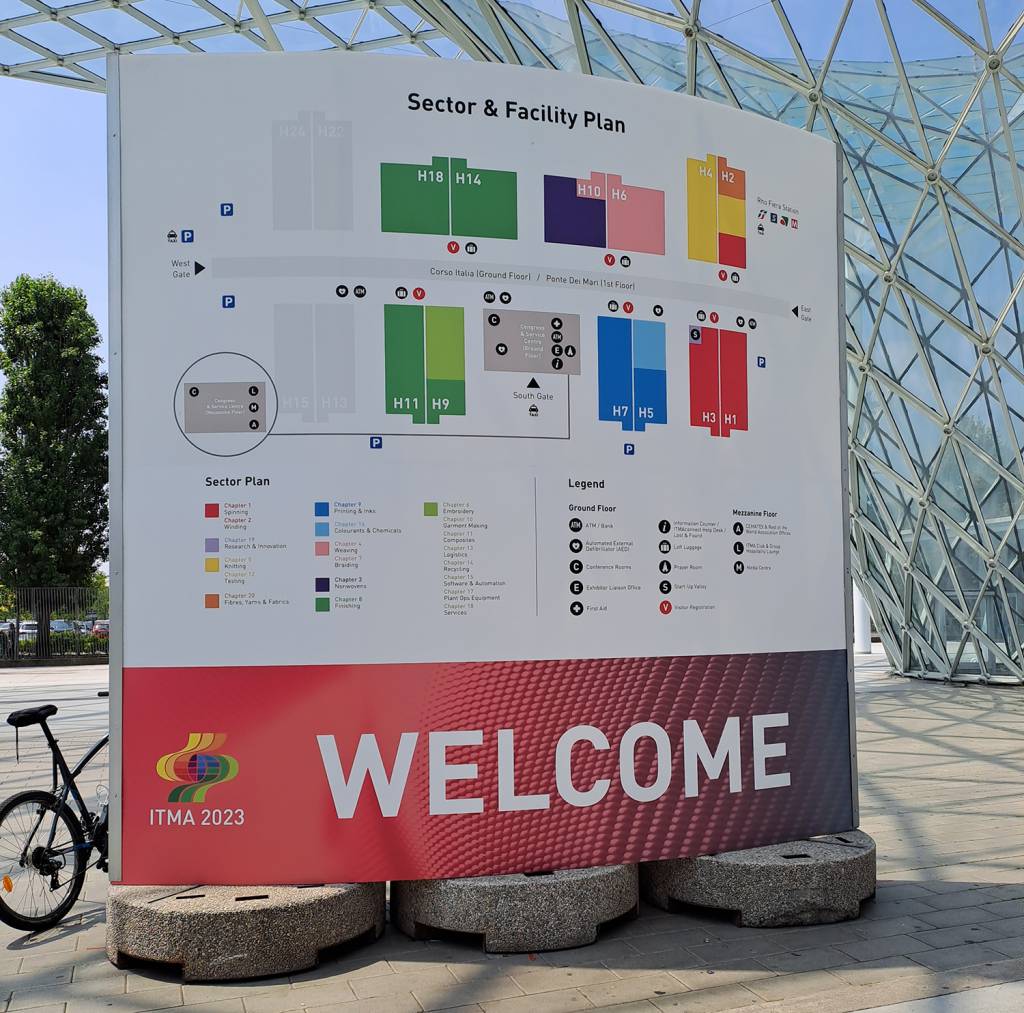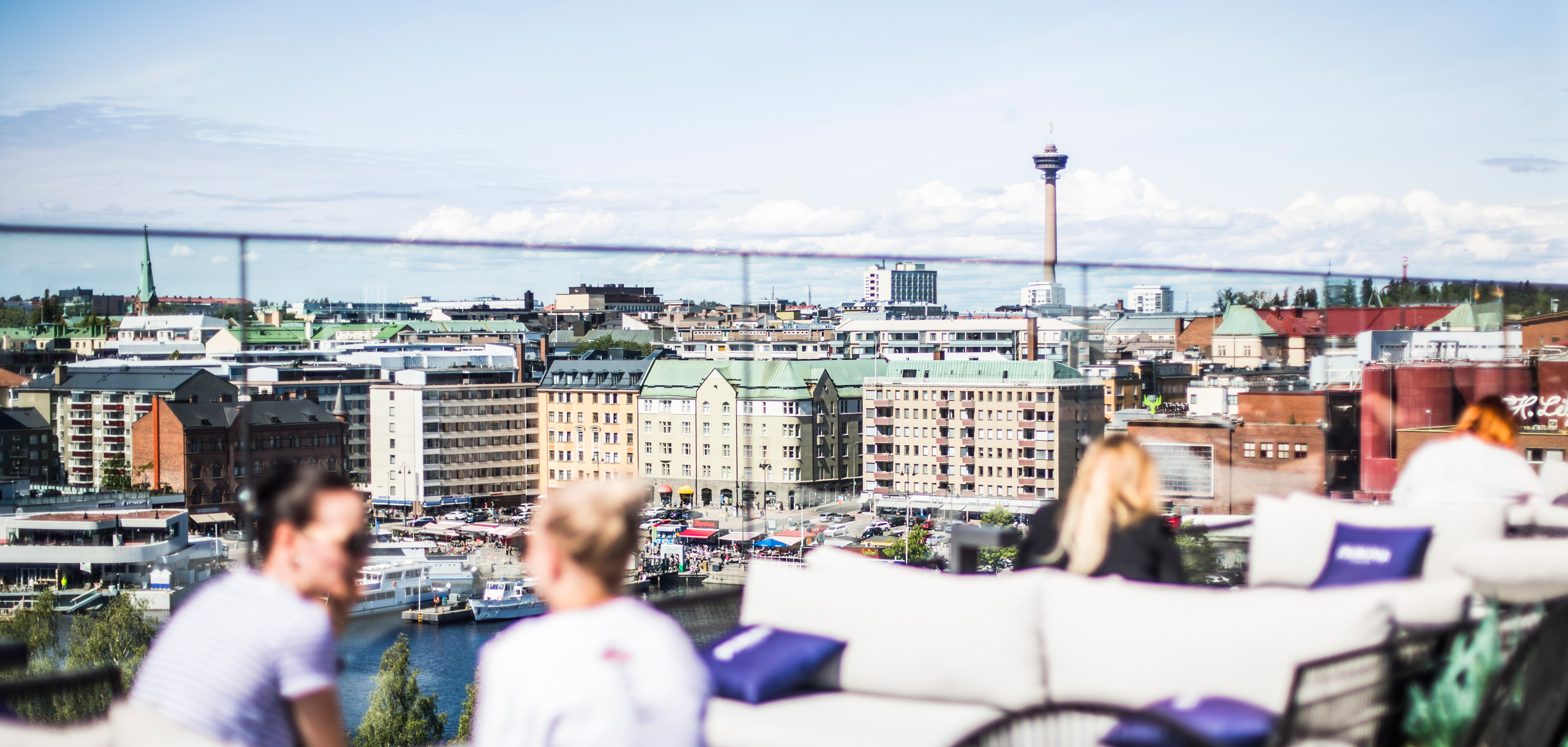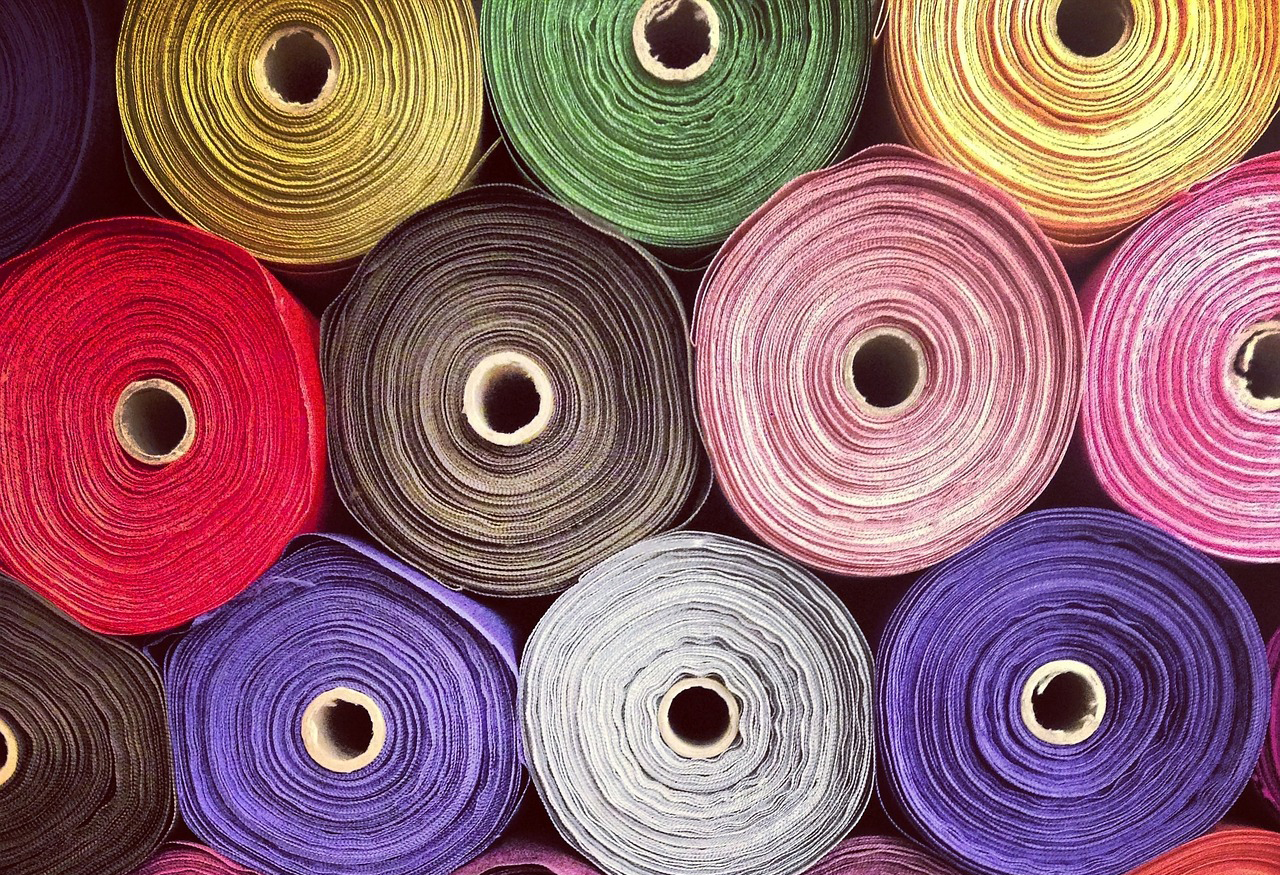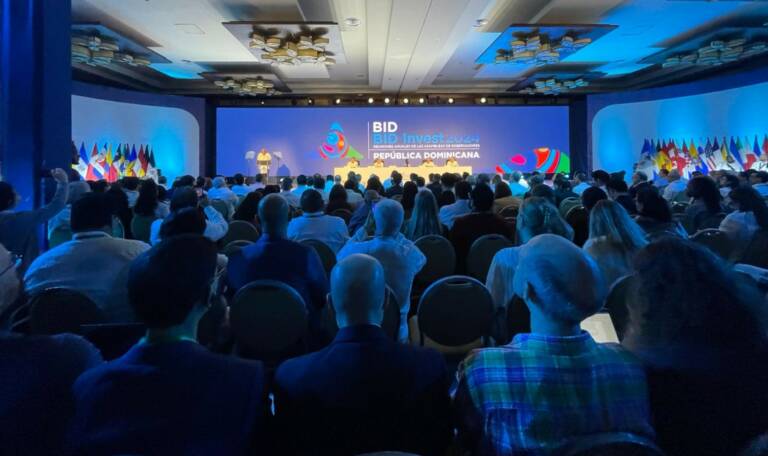According to the organizers, the event is the world’s largest textile and clothing technology trade fair: there were 1,706 exhibitors and they represented 47 countries. The total area of the exhibition area was about 200,000 square meters, there were about 111,000 visitors from 147 countries. ITMA is held in Europe every four years. The exhibitors presented the entire textile production chain, from the fiber manufacturing equipment to the assembly and recycling of the finished textile and garment products. The theme of the exhibition was “Transforming the World of Textiles” highlighting innovations that help textile and garment manufacturers transform and grow their business.
The Start-Up Valley spotlighted early-stage companies and their new and game-changing solutions and technologies to support and inspire the textile, garment, and fashion industries. Start-ups focused on, for example, more sustainable solutions in fiber manufacturing, like TreetoTextiles from Sweden, which has built 1 500 tons pilot-plant capacity. Traceability of textile fibers and artificial intelligent (AI) solutions in pattern design were also shown in the Start-Up Valley.

In the yarn spinning hall, the solutions for spinning mechanically or chemically recycled fibers were in a spotlight. For example, Saurer used viscose fibers made from Circulose dissolving pulp which, on the other hand, is made from cellulose-containing textile waste. Rotor yarn spinning machines showcased the yarn spinning of short, mechanically recycled fibers.
The weaving loom hall was noisy when the machines were running. There had been no major upheavals in machine technology. The machines have become even faster, which contributes to more economical production. Ecology was visible in the lightweight machine parts, like hollow structures. Also weaving waste was minimized.
The knitting innovations were focused on digitalization. The digital design and complete garment solutions were exhibited both on weft and warp knitting machines. Digitalization of design and manufacturing runs hand in hand with digital marketing. The marketing materials, like product images in online shopping platforms, can be made without making a real product.
In ITMA, traditional fabric printing was replaced by digital printing. Digital printing enables short customized production series.
Infinited Fiber Company was one of the few exhibitors from Finland. The company showcased the solution for chemical recycling turning cellulose-rich textile waste into man-made cellulose fibers by the carbamate process.
Participating in the fair was very useful because it gave a broad and versatile overall picture of the technological development of textile and garment manufacturing processes and how recycling and ecological sustainability have been considered in technology companies. The fair gave opportunities for expert contacts and networking, but also information relevant to teaching.
Text:
Marja Rissanen, Senior Lecturer
Minna Varheenmaa, Project Engineer
Maria Änkö, Laboratory Engineer
Main photo: Pixabay
ITMA photo: Marja Rissanen





